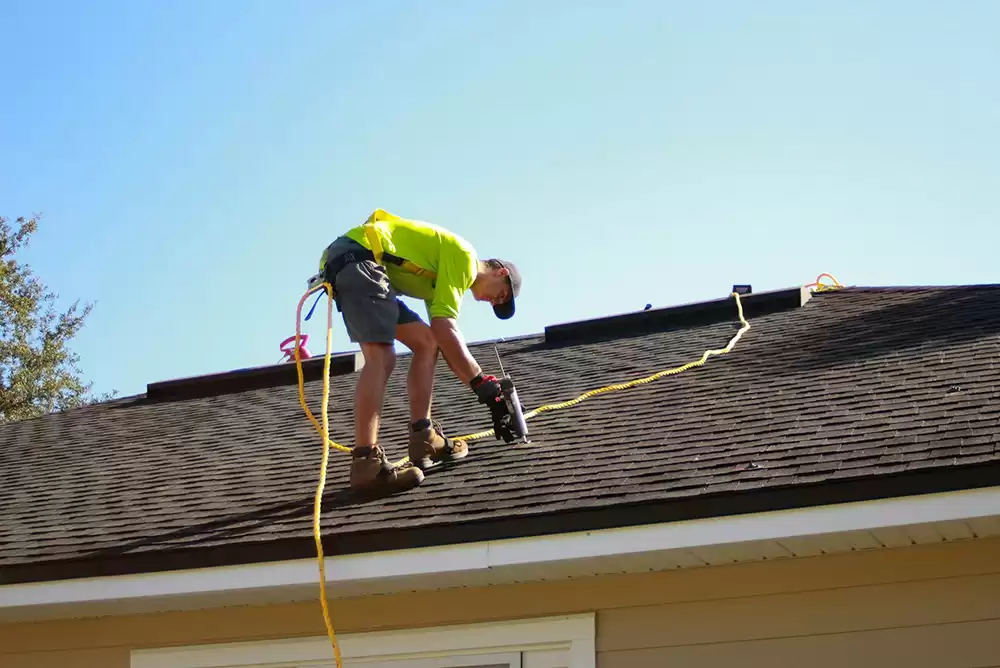By Dan Cahill
When managing a Homeowner’s Association (HOA), you have to be prudent in choosing a licensed commercial roofer because this decision will affect potentially hundreds of units. Residents trust you to spend their HOA dues wisely, so choosing the wrong commercial roofing contractors can lead to significant financial and structural issues, leaving the community vulnerable and dissatisfied. Continue reading to learn about the considerations and factors behind selecting a commercial roofer.
Choosing the Right Roofing Contractor for HOAs
Managing an HOA means you’re in charge of making decisions for all your owners. They help fund essential property purchases for many years by paying their dues, so it is your responsibility to get things right the first time because there’s rarely a second chance.
Every insurance policy, even your auto insurance, includes endorsements or exclusions. When you receive that one-page printout to keep in your glove compartment, it usually just states your name, the dates, and the coverage limits. However, the crucial details are in the endorsements or exclusions, which specify how the policy is modified and can significantly affect coverage.
For an HOA, a couple of key exclusions to watch for include residential exclusions and open roof exclusions. Many insurance companies exclude coverage for multifamily residential buildings. Your insurance might cover a single-family home but not a duplex or a high-rise condominium. Take a good, hard look at these exclusions to ensure the policy covers your property type.
Another critical exclusion to consider is the open roof exclusion. Some insurance policies only provide coverage once the roof installation is complete. That means if anything happens from the time the old roof comes off while the new one is getting installed, the insurance does not apply. For instance, if it rains after the roof is removed, and there’s an open roof exclusion, you won’t have recourse for water damage. Other potential issues include workers falling through deteriorated plywood, causing damage to the unit below. Without open roof coverage, there’s no insurance protection for these incidents.
When vetting contractors, request a copy of their endorsements or exclusions to fully understand the extent of their coverage. This diligence can save you down the line.
Selecting the right commercial roofing company can feel like a trust exercise. Be sure to check how long the company has been around, ensure they have the proper insurance, and ask for references from other management companies they’ve worked with. This background check can help differentiate between a company with a good presentation and one that delivers quality service and products.
Insurance Considerations for Roofing Projects
One of the primary considerations when choosing commercial roofers is ensuring they have proper insurance. Many insurance companies are reluctant to cover roofing contractors working on condominiums due to the liability involved.
You need to verify that the contractors you are considering are adequately insured to work on condos. Without this insurance, if something goes wrong, you have no recourse. It’s akin to having a car accident without insurance; you’re left vulnerable and unprotected.
The Right Materials
Another vital aspect is the quality of installation and materials. Finding a company that excels in both areas is crucial. Sometimes, spending a bit more upfront can lead to significant long-term savings. For example, if three commercial roofing experts bid on a project and one is 10% more expensive than the others but does a superior job, this could be a wise investment. If their work extends the roof’s lifespan from 20 to 30 years, that 10% premium is justified since it provides 50% more service life.
Contractor Certifications and Qualifications
In California, you can easily verify if a commercial roofer is licensed by searching the Contractor State License Board’s website. They have a feature where you can input the contractor’s business name or number to confirm their license. Do not make the mistake of overlooking this step.
Beyond licensing, there are various accreditations commercial roofing contractors can hold, including the National Roofing Contractors Association, the Western States Roofing Contractors Association, and the Southern California Roofing Contractors Association. These trade bodies allow contractors to collaborate, share best practices, and improve business operations.
Additionally, when you receive a bid for a re-roof project, there’s often a manufacturer warranty involved. Manufacturers like Johns Manville, GAF, or Owens Corning are large, reputable companies. Even if a commercial roofing service goes out of business, these manufacturers will still honor the warranty. Commercial roofers must meet specific requirements to be authorized or approved to install their products.
Risks with Unreliable Roofers
It’s never fun when we get pulled into a mess caused by a substandard roofer, but it does happen. Usually, it’s a project we initially bid on but didn’t win, often because our price was higher. The client chose another contractor based on cost, overlooking the qualitative aspects we discussed earlier.
The scenario typically unfolds like this: the roof is completed, then the client (whether an HOA or a commercial entity) pays the contractor, thinking they have a new, reliable roof. Then it rains, and problems arise. The client calls the contractor back multiple times, but eventually, the contractor becomes non-responsive or disappears altogether. At this point, the client is left scrambling for answers and often reaches out to us for help.
The root of the problem is almost always workmanship-related. The original contractor likely cut corners, either in the job’s details, like lifting air conditioners, or they didn’t use skilled labor. Sometimes they promised one thing but delivered another, or they lacked proper training to install the product correctly.
Often, these issues compound, leading to a complex and sometimes unfixable situation. The only solution might be to tear off the faulty roof and start fresh, effectively paying for two roofs in a short span—a frustrating and costly outcome for everyone involved.
Assessing Contractor Experience and Materials
You have to ask the right questions to commercial roofing companies to get a feel for their experience and the materials they use.
First, ask them how long they’ve been in the business. A roofing contractor might claim 24 years of experience, but if they’ve worked for 12 different companies, it holds a different weight than someone with 24 years at one company.
Second, inquire about the materials they use and how long they’ve been installing roofs. Just because a material has been around for decades doesn’t mean the contractor has experience with it.
Understanding their familiarity with both their company and the materials ensures you’re making an informed decision. These questions aren’t necessarily red flags but are vital in helping you distinguish between different commercial roofing contractors and make a final, confident choice.
Conclusion
Choosing the right commercial roofer for your HOA is not about getting the lowest bid. You are also trying to secure the long-term well-being and satisfaction of your community. By thoroughly evaluating contractors’ insurance coverage, qualifications, experience, and the quality of materials they use, you can make an informed decision that will protect your investment and provide peace of mind.
Your due diligence today can prevent costly headaches tomorrow. If you’re looking for a reliable commercial roofer, contact SBR Roofing today!
Author Bio
Dan Cahill embarked on his journey in 2001, accumulating over 23 years of experience in the commercial roofing field. The original owner of SBR Roofing, extended a trial opportunity in 2001, coinciding with the burst of the dot-com bubble. The proposition was simple: give it a year, see if it suits you, and if not, no hard feelings. Surprisingly, Dan found himself sticking around. Fast forward over two decades, and he continues to thrive in the field.
With a background in sales, Dan discovered a passion for the dynamics of salesmanship, particularly in the freedom it offered from the confines of a desk. The opportunity to engage with people, navigate various situations, and even climb up on roofs appealed to him. This intriguing experience kept Dan hooked, prompting him to stay the course, eventually becoming a leader in the roofing industry.







